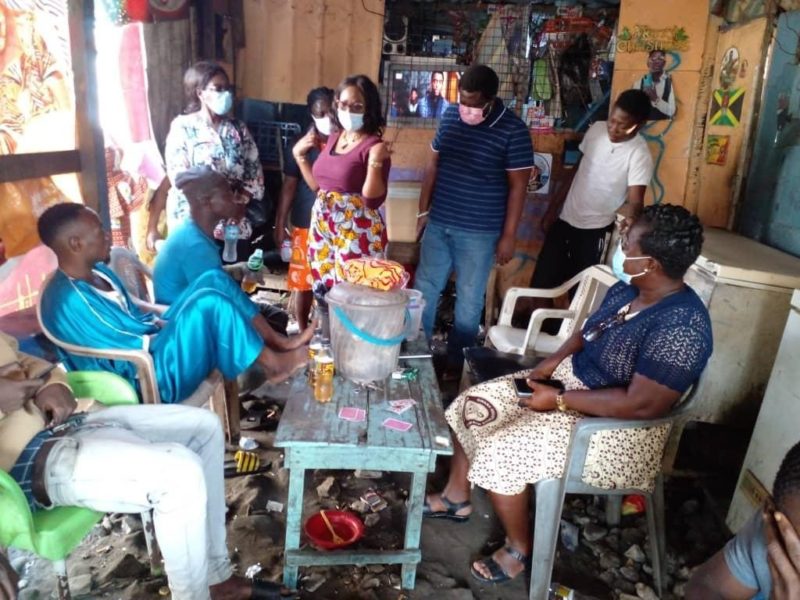
Covid & Cities Blog – 6th in the Series: What role did local governments in Accra play in the response to Covid-19?
Feb 23, 2022
Nana Efua E. Afun & Lauren J. Wallace Image shows COVID-19 community education and sensitization with elders in Ashaiman municipality, Greater Accra. Background In Ghana, there are clear structures for the management of public health emergencies at all levels of government. There is a particular emphasis on coordination and communication between the various levels…
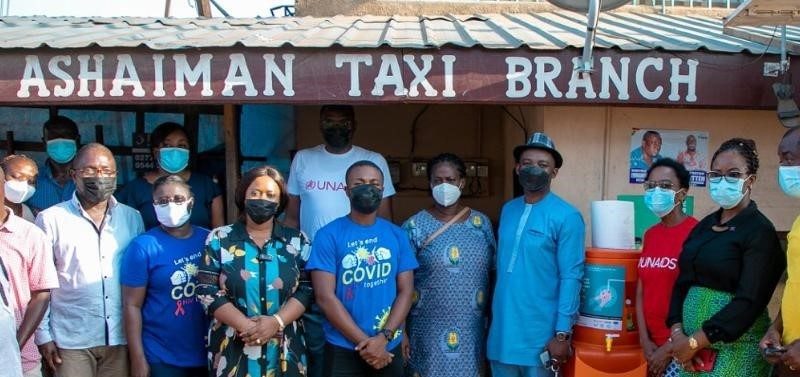
Covid & Cities Blog – 5th in the Series: Even in a pandemic, health is political as well as technical: Alleviating the burden of COVID-19 on vulnerable urban populations in Ghana
Feb 23, 2022
Lauren J. Wallace & Ivy Akushika Agbenu Image shows COVID-19 Sensitization at a Taxi Station in Ashaiman Municipality, Greater Accra, jointly led by the Municipal Health Management Team and Development Partners Background The COVID-19 pandemic has once again brought renewed attention to the importance of understanding how politics shapes responses to health challenges. Government decisions…
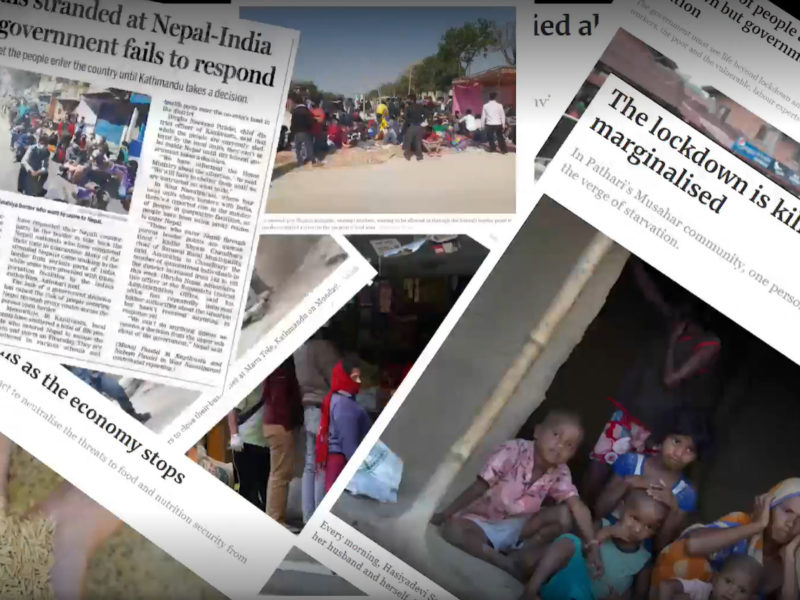
Video: The impact of COVID-19 responses on the urban poor in Nepal
Feb 14, 2022
Our Partners HERD International highlight the findings of the CHORUS study on how the government and private sector responses impacted the urban poor in Nepal during the pandemic. From the first case detected in January 2020 and the response measures that followed, the urban poor were hardest hit, and this was compounded by poor communication,…
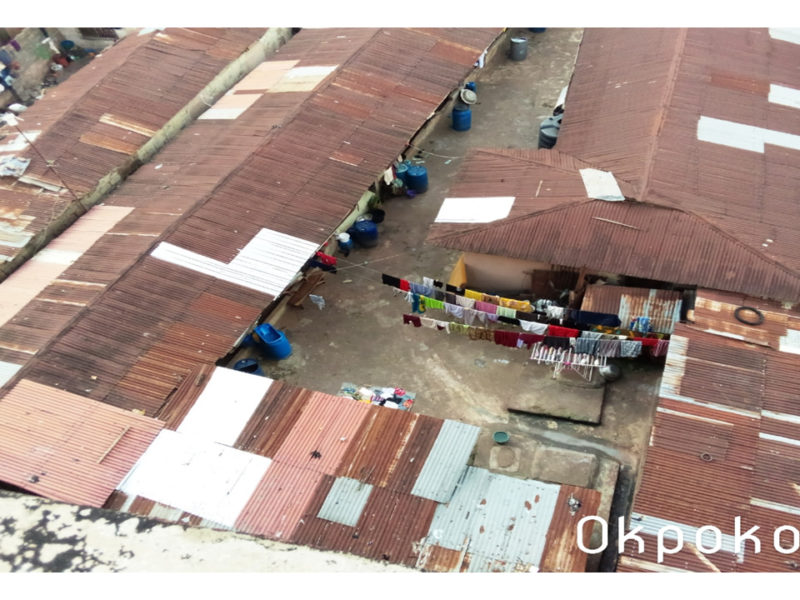
Covid & Cities Blog – 4th in the series: Reflections on the government response to COVID-19 in Nigeria’s urban context, and thoughts for future pandemic responses
Feb 3, 2022
by Prince Agwu, Chinyere Mbachu and Obinna Onwujekwe, Health Policy Research Group, University of Nigeria, Nsukka Background Nigeria’s urban population growth rate is currently estimated at 4.1%, and the urban population is expected to double by over 200m by 2050. A burgeoning urban population could be regarded as both advantageous and disadvantageous, considering the increase…
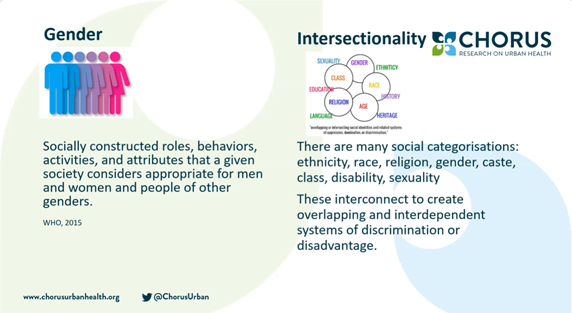
Gender and Intersectionality Webinar – 10 January 2022
Jan 27, 2022
by Samina Huque, ARK Foundation A webinar was arranged on ‘Gender and Intersectionality Planning” on 10th January 2022. The objective of the webinar was to provide guidance on using the gender and intersectionality framework (CHORUS’ Gender and Intersectionality Guide) to reflect on the data collection and to further shape the health systems intervention to be…
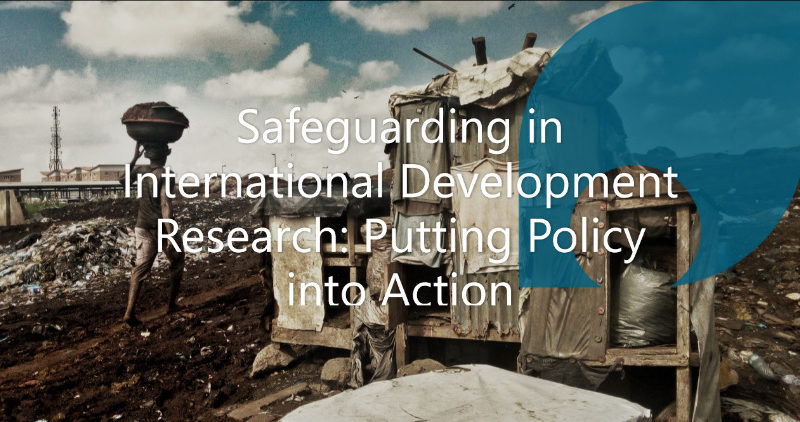
Blog: Safeguarding in International Development Research: Putting Policy into Action
Jan 5, 2022
What is safeguarding? UKCDR defines safeguarding in research as “preventing and addressing any sexual exploitation, abuse, or harassment of research participants, communities and research staff, plus any broader forms of violence, exploitation and abuse… such as bullying, psychological abuse and physical violence”. (UKCDR, February 2020) On a practical level, safeguarding means taking all reasonable steps…
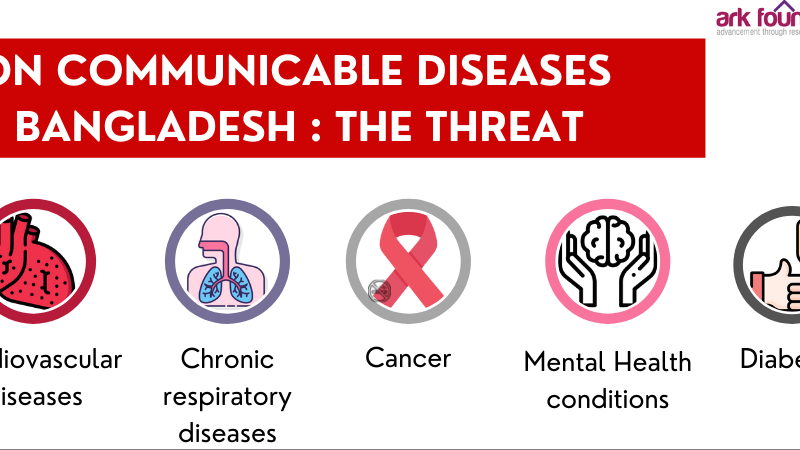
Blog: Important Yet Ignored: Non-Communicable Diseases in Urban Bangladesh
Dec 10, 2021
By Tahmid Hasan, ARK Foundation In Bangladesh, NCDs are estimated to account for 67% of all deaths. In low and middle-income countries, urbanization has been identified as one of the crucial underlying reasons for the increasing trends of NCDs. Bangladesh has also been experiencing rapid urbanization for the past two decades. The urban population…
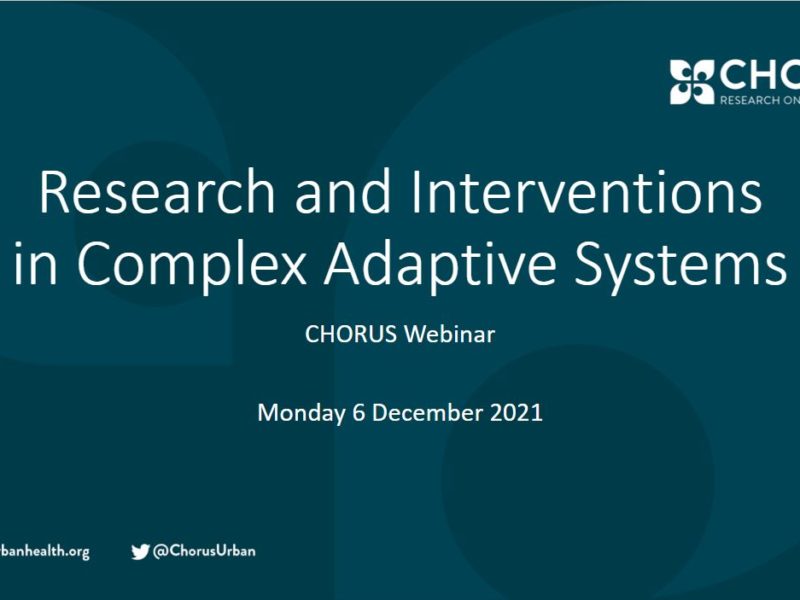
Webinar: Research and Interventions in Complex Adaptive Systems
Dec 7, 2021
CHORUS CEO Irene Agyepong presented the theoretical concepts of understanding health systems as Complex Adaptive Systems, and discussed how to apply the theory when co-designing and evaluating health systems interventions. This was followed by discussions within CHORUS country teams on application within their intervention co-design, giving thought to the intended and unintended implications. View the…

Covid & Cities Blog – 3rd in the series: NCDs, Cities and Covid in Nepal
Nov 10, 2021
Urban health concerns and non-communicable diseases in Nepal by Anchal Thapa, HERD International The burden of non-communicable diseases (NCD) has grown rapidly in Nepal, and contributes to two-thirds (66 %) of the total deaths that occur in the country. The majority of the NCD related deaths are attributable to the four major non communicable disease…
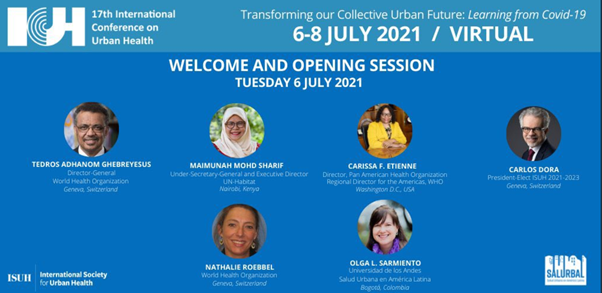
Covid & Cities Blog – 2nd in the series
Aug 16, 2021
Role of the private sector in COVID-19 response in urban areas: Lessons from Ghana, Nepal, Nigeria and Bangladesh. by Helen Elsey The 17th International Conference on Urban Health (ICUH) was held on 6-8 July 2021. A key theme of the conference was urban governance and public health systems in the time of COVID-19. CHORUS –…